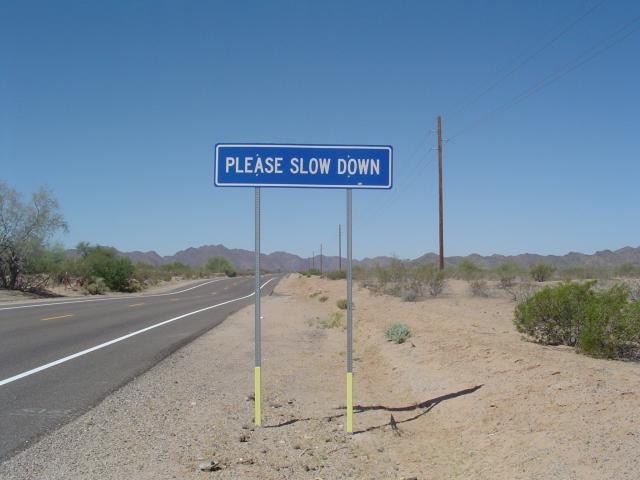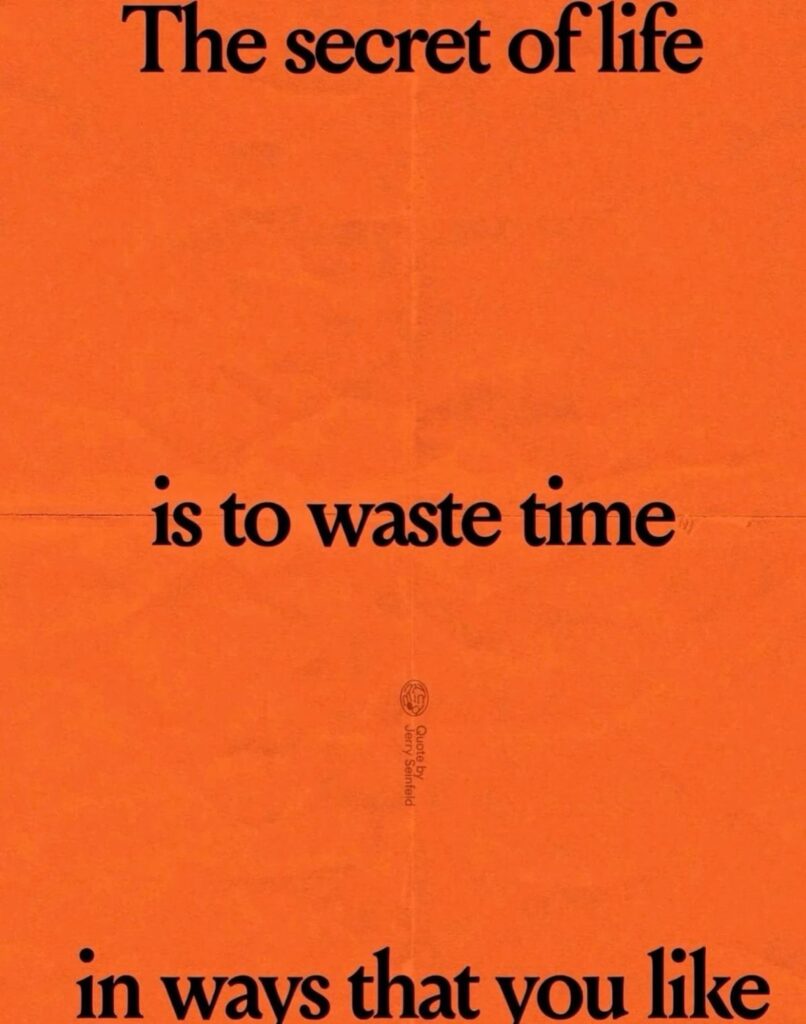why rest, presence, and joy are acts of resistance in a system that profits off your burnout

We live in a world obsessed with acceleration. Capitalism rewards urgency, glorifies exhaustion, and makes you feel guilty for simply existing without producing.
We are taught that to waste time is to waste value, as if your worth depends on your productivity. So in a system that commodifies your time, what could be more radical than slowing down?
Rest is resistance. Taking your time is protest.
And joy, presence, ritual are not luxuries but necessities.
Slowing down is disruption. Centering your own wellbeing is a deeply political act.
Time is a Lie
The concept of time, as we know it, is not natural. It’s socially constructed, shaped by history and built to serve capitalism.
Before standard time, people lived in relation to the sun and the seasons. Time was cyclical, local, intuitive. Then came factories. Railroads. Clocks. The rise of national and international communication networks demanded coordination, standardisation and control.
Suddenly, time became disassociated from nature.
During the Industrial Revolution, E.P. Thompson (1967) writes, the use of machinery imposed coordination, regulation, and synchronisation of labour. Time-discipline wasn’t just a byproduct of technology but a product of capitalism. Employers needed workers to obey the clock. And so time became currency: no longer passed, but spent.
The shift from task-based time (peasants working to complete a job) to employer-based time (labourers selling hours) marked a profound restructuring of work and life. Clocks, bells, punch cards, and pay-checks reinforced a binary: employer’s time vs. “free” time. Time became something you could waste. And once something can be wasted, it can be weaponised against you.
The Internalisation of Time Discipline
With this history in mind, it makes sense that slowing down feels so hard. What began as a mechanism of labour control has become your inner voice. You wake up already feeling behind. You rush to eat. Rush to get ready. Rush to arrive. You feel bad when you rest.
We’ve internalised capitalist time so deeply that rest feels indulgent. Slowness feels shameful. Every pause feels like procrastination. We equate stillness with laziness. We equate productivity with success. We’ve been taught that urgency is a virtue.
This isn’t personal, it’s systemic. Capitalism has colonised your sense of time. Ignored the ability to feel free in your own body, your own rhythms, your own pace. Which is why reclaiming your time, your pace, your joy is a great act of defiance.
Resistance Is Slowness
Foucault said: where there is power, there is resistance.
Abu-Lughod flips it: where there is resistance, there is power.
Resistance is relational. It tells us something about the system it’s reacting to. And in the context of capitalism’s grip on our time, slowness is a direct challenge. So when you resist rushing, you are resisting control.
When you rest, when you refuse to commodify your time, you’re doing political work. In a capitalist, colonialist, patriarchal, ableist system, to centre your own wellbeing, joy, and happiness is radical.
Taking your time becomes a form of justice. Doing nothing becomes a form of refusal.
Nothing Is Harder Than Doing Nothing
Jenny Odell in The Art of Doing Nothing states that in a world of 24/7 data productivity, “doing nothing” might be our most urgent form of resistance.
Capitalism thrives on fractured attention and endless optimization.So presence becomes radical. To savor your food. To walk without rushing. To listen to someone without trying to fix or summarize them.
It is resistance to a system that profits from your constant activity, your constant scrolling, your constant exhaustion. Odell reminds us: once we start paying a different kind of attention, we can reimagine what it means to be human and start rewriting what progress and productivity actually look like.
Rushing Kills Presence and Presence Is Power
Rushing steals more than time. It steals meaning. Rushing increases pressure, biologically spikes stress, creates mistakes, and leads to burnout. It also disconnects you from the present.
You don’t notice your body. You don’t taste your food. You don’t live in the moment. You’re so focused on what’s next that you can’t even exist where you are.
Presence matters more than productivity.
“A wandering mind is an unhappy one” Harvard psychologists Killingsworth and Gilbert study on presence found that people spend nearly 47% of their time mind-wandering rather than being where they are.
They found presence is the most significant predictor of happiness, surpassing all other factors, including productivity, physical location, or even how pleasurable the activity itself is.
Many spiritual traditions have long told us the same thing. Slowness is sacred. Stillness is powerful.
When you slow down, your nervous system rewires. Your senses return. Your body remembers it’s not a machine.
To Rest Is to Reclaim
Slowing down will not make you less valuable. Slowing down will remind you that your value was never in question.
So rest. Savor. Notice. Resist.
The world wants you rushed, exhausted, obedient.
Let your refusal be sacred. Let your slowness be revolutionary.
